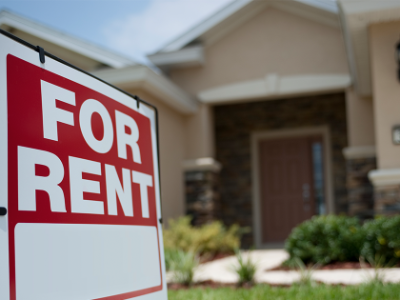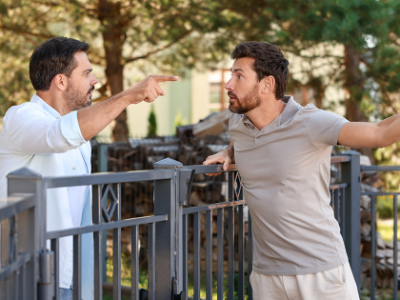You created a travel checklist to ensure your vacation goes as planned. But how do you prepare your home and finances for when you leave for down south?
Winterization of your home is just part of the plan. Preparing your legal documents and planning for emergencies are also important for an extended time away from home. Whether you’re a new or experienced snowbird, these tips can help make sure your winter is as stress-free as possible.
Winterize your home
Properly winterizing your home will protect your biggest asset and provide enormous peace of mind while you’re down south. Follow these steps to prepare for the cold and your extended absence. (Note that some of these steps will vary based on your region and the type of home you have.)
1. Lower the heat.
Your home will be empty, so don’t pay to keep it warm and cozy while you’re away. Turn your heat down — but if you live in an area where it can get below freezing (which is most of us), don’t turn it off completely or your pipes may freeze. How low you’re willing to go will depend on where you live, where the pipes are in your house, your home’s insulation, etc. But most experts recommend you keep your thermostat above 55 degrees.
2. Turn down the water heater.
The Department of Energy also suggests turning down your water heater while you’re away on vacation. They estimate that up to 25 percent of the energy consumed in your home is due to water heating. Turning down the water heater while away can help minimize that expense. New water heaters even have a “vacation mode” (VAC) that will maximize efficiency.
3. Turn off your water.
Turning off your water can help prevent massive water damage. If pipes freeze, the flow of water that can cause damage is limited. If you do leave your water on, shut off outside faucets and the water lines to your washing machine and refrigerator. This will help minimize damage if the line to that faucet or appliance breaks.
4. Protect against theft.
Activating alarm systems and using light timers can protect your home against theft. Secure valuables that remain inside your home in a fireproof safe. A bank safe deposit box is a good alternative to home storage.
5. Stop or forward your mail.
Accumulating mail is a sign of an empty home. And an empty home is a target for theft. Mail in your mailbox also makes it easier for identity thieves to steal your personal and financial information. The US Postal Service will forward your mail for as few as 15 days and as long as a year. You can also have them hold your mail if you will be gone less than a month. If you subscribe to a newspaper, be sure to also forward those or stop delivery. Or another option is having a neighbor, family member or friend swing by regularly to pick up your mail and check on the house.
6. Unplug electronics.
Disconnect small appliances, TVs and computers from power outlets before leaving on your trip. Although unlikely, electronic equipment could be damaged in a severe storm. You’ll also save money by unplugging unneeded devices that are using energy.
7. Clean up.
Clean out your refrigerator and remove trash from your home before you leave on a vacation. No one wants to return to spoiled food and foul odors – or, even worse, vermin and other pests. Inspect your property for larger jobs that might need completion as well. It might be time to clean out the gutters, trim trees or replace roof shingles. If you’re unsure of how to winterize a house or need help with repair projects, consider using a qualified contractor. Do your homework when selecting a contractor, especially if the work occurs while you’re away. It pays to get referrals, multiple estimates and clear contracts for the work to be completed.
8. Leave the light on.
Invest in motion-sensitive exterior lights or put one or two interior lights on a timer and set them to turn on for certain times of day. The more you can simulate random human activity by changing the times and rooms that light up, the better. This will make it less obvious to criminals that your home is empty. You may also want to notify a trusted neighbor of your absence so they can keep on eye on your place while you’re gone.
Prepare your financial and legal documents
You should make sure you have an estate plan in place that clearly documents your health decisions, helps protect your assets and outlines your wishes. This will ease stress on family members in case of an emergency – and make your winter vacation more enjoyable because you can rest easy that your affairs are in order. Before you head south, make sure:
- Your will is up-to-date and you have health care directives in place. These are the basic parts of an estate plan you should create and review regularly to make sure people know your wishes if anything happens to you.
- Your plans comply with the appropriate state laws. If you split your time between two states, you will need to declare your residency in one state, and this will impact what laws your estate documents will be subject to when you do. This can be more complicated if you own property in multiple states, so be sure you check with an estate planning attorney to make sure your will and other estate planning documents accurately reflect your state of residency’s laws.
- You share your plans with the people that need to know. Does the person you chose as executor of your estate plans know about this role? Would this person know where to find your key documents? What about the person you designated in your power of attorney documents to make medical and/or financial decisions for you?



